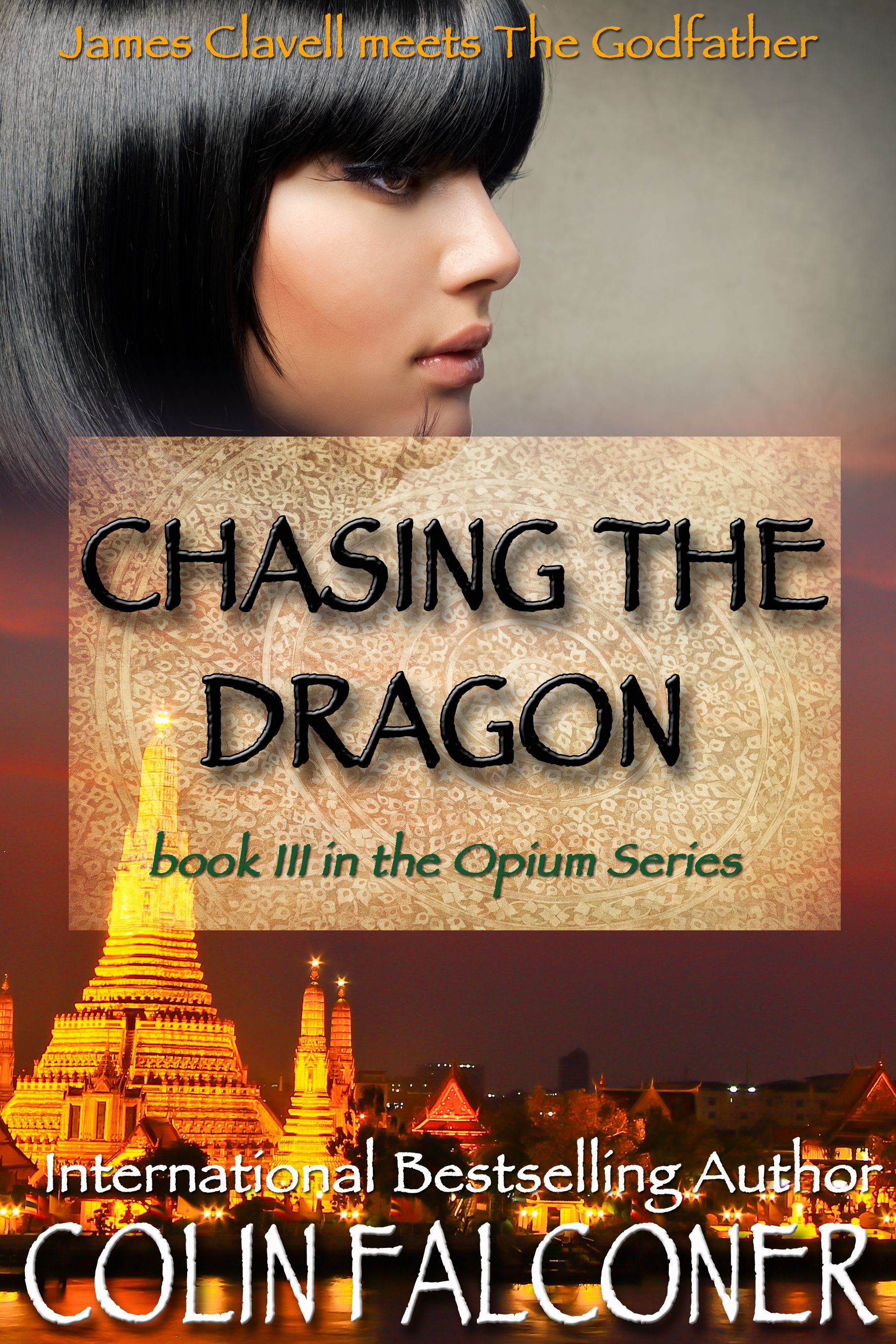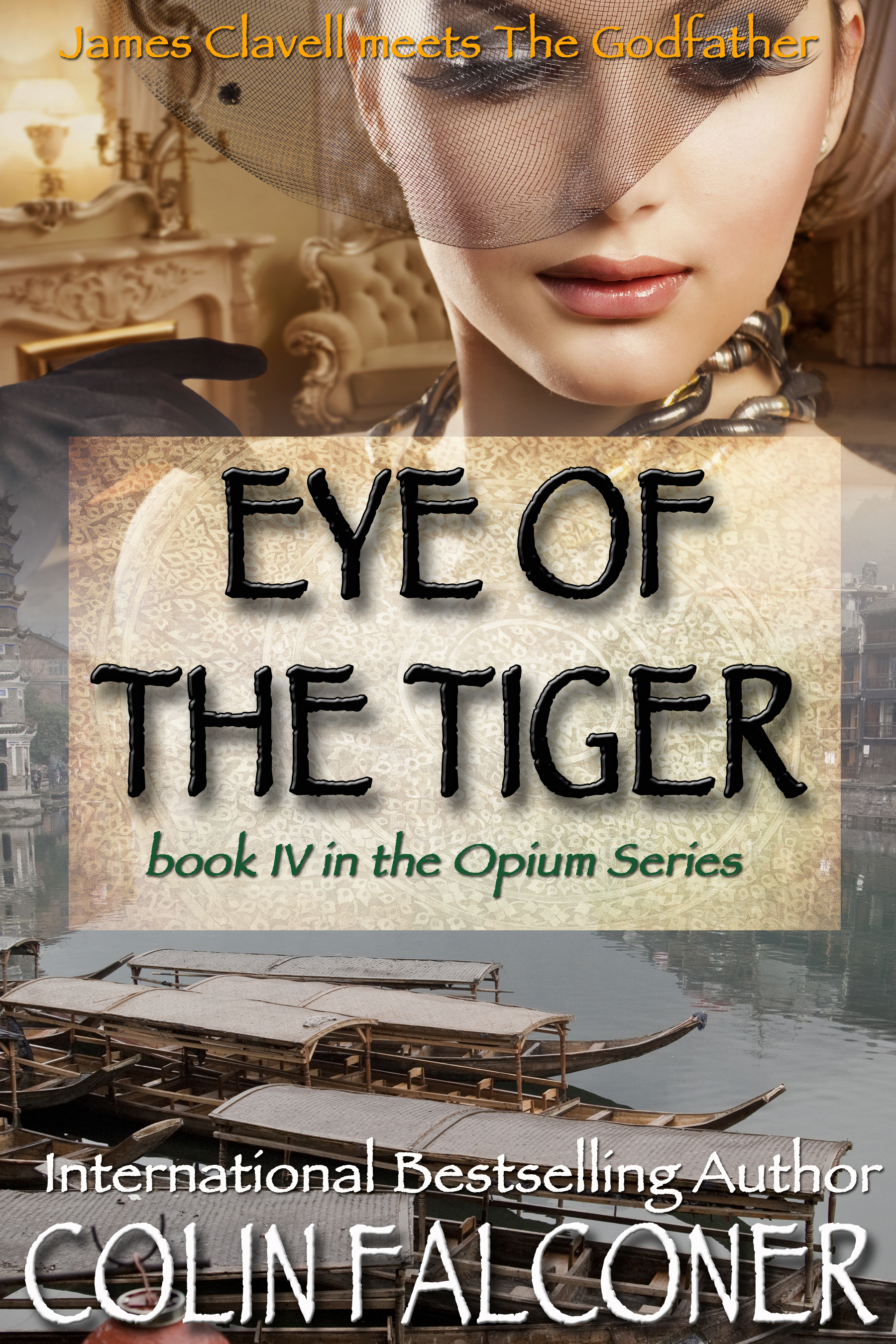It could be just another day in Washington or Hollywood; instead these are the key ingredients in a story that happened over three thousand years ago, in the Middle East.
The tale was inspired by one of the most beautiful and enigmatic characters in all history; her name was Helen.
She was to become a symbol for all mens’ erotic desires, her legend intricately and intimately entwined with that of the Greek pantheon.
Her father was Tyndareus, King of Sparta. Or was he?
Legend says she was sired by a god, one dedicated to the torment of all mankind - Zeus. It is said that he slept with her father’s queen, Leda, while disguised as a swan.
Another legend claims her mother was the goddess Nemesis, who turned into a goose to try and escape Zeus’s attentions. So he transformed himself into a swan in order to ravish her, and left the egg with Leda.
Helen and Lady Gaga clearly had the same publicist.
But however she was conceived, she grew to become the most beautiful woman in the world; and when she was of a marriageable age, Tyndareus looked for a suitable husband for her.
Every prince and hero in the Greek world competed for her hand and with great prescience, Tyndareus made them all swear an oath to assist the eventual winner should Helen ever be stolen.
He then sold her to the highest bidder - Menelaos.
But Zeus had not finished plotting. He organized a beauty contest among three rival goddesses; Hera, Athena and Aphrodite. He then named a mortal Trojan prince named Paris as the judge.
But it is with gods as it is with us; the fix was soon in. All three girls tried to bribe him to choose them as the winner. Hera promised him power; Athena promised him wealth; Aphrodite promised him the most beautiful woman in the world.
Paris chose Aphrodite and she rewarded him with Helen as her part of the bargain. It didn’t matter to her that Helen was married - that was a problem for mortals, not for gods.
Paris went to Sparta under the guise of a diplomatic mission and when Menelaos left for a brief visit to Crete, he claimed his prize and abducted Helen.
Some stories say Helen went willingly, seduced by Paris’s charms; others claim that he kidnapped and raped her.
Whatever the truth, when Menelaos discovered that his wife was missing, he was enraged by this abuse of his hospitality. He called upon all the other Greek princes to fulfill the oaths they had made, and help him get her back.
An armada set sail for Troy - Helen thus became ‘the face that launched a thousand ships.’
The war against Troy lasted 10 years, and laid waste the surrounding land, (now part of western Turkey), costing thousands of lives. During this time Helen grew disenchanted with Paris; his brother, Deiphobus, took her as his paramour when Paris was killed.
In the Iliad, Homer paints Helen as a poignant and tragic figure, filled with self loathing for the destruction she has caused. The Trojans have come to hate her: ‘… no longer have I anyone beside in broad Troy that is gentle to me or kind; but all men shudder at me.’
Other ancient writers described her as treacherous, claiming she signaled to the Greeks when the Trojan Horse was admitted to the city, and then hid her new husband’s sword when the city was overrun, thus leaving him to the mercy of Menelaos.
When Menelaos found her, he raised his sword to kill her; but, at that moment she let slip her robe and the sight of her beauty made him drop his sword, all thoughts of revenge forgotten.
Well, that’s what they say. Her fate after that is cloudy; some writers say she sailed back to Greece and lived a long and happy life as the wife of Menelaos; others that she sought exile on Rhodes, and was lynched.
Her precise role in the fall of Troy is a matter of legend rather than historical fact. The varying interpretations of her role has served as a mirror to society’s view of women through history, rather than a view of Helen herself.
She was often blamed for her extraordinary beauty and the effect it had on men. Beauty became her curse, while it was used as vindication for the actions of the men around her.
But really, when we look at the story and Helen’s actions, none of it was her doing; she was first sold to the highest bidder by her father, then abducted from her home at the behest of the gods. In the story she is never more than a puppet in the machinations of men and of heaven.
Yet often she was portrayed as the type of woman that all other women should envy and despise; that all men should fear and yet desire.
Her story thus remains as fresh and relevant today as it was three and a half thousand years ago, when it was whispered around the fires of more ancient times.
“Was this the face that launch’d a thousand ships/ Sweet Helen, make me immortal with a kiss.” … Christopher Marlowe (Faust, 1604)
Does beauty bestow immortality and happiness? If we look into the haunted face of Helen of Troy, we find our answer.




























Wonderful post, Colin. She is immortal through the actions her beauty spurred others to do and the stories passed down through the generations, skewed as they may or may not be. I suspect she was a rather unhappy soul.
Thanks Debra. I suspect you’re right, also. The theme behind the story was that she was to blame for what men did - an attitude that is sadly preserved in some parts of the world. How much is fact (I suspect her father was not a swan) and how much is fact is now hard to ascertain, but the story resonates through the centuries, as great stories do.
“she let slip her robe and the sight of her beauty made him drop his sword, all thoughts of revenge forgotten.” Hmmm. What was I gonna say?
I very much doubt that it was what happened; a scurrilous detail added in the later telling of it, I believe. But I can’t say, I wasn’t there.